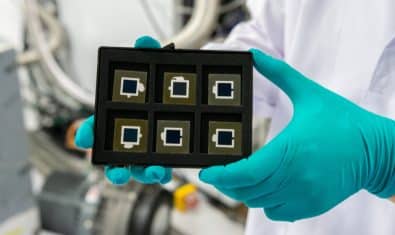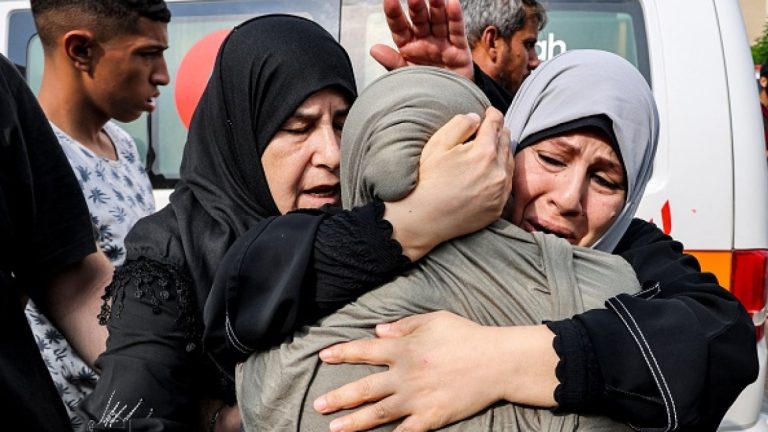As Pakistan moves towards a more technology driven society, PIMS is conducting a feasibility study on the use of cellular technology to spread awareness about infant and young child feeding (IYCF) practices in women. The idea comes from already successful projects being run in India and Bangladesh.
Maternal, Neonatal and Child Health Research Network (MNCHRN), is executing the initial six-month project, which will calculate the feasibility of extending the access of lady health workers (LHW) in the rural parts of the city.
The project will operate at two stages. In the initial stage, it will primarily revolve around gathering cellular related data on the IYCF practices of expecting women and mothers, and find out what kind of intervention is necessary. The latter stage will then involve the training of LHW’s in interacting with these women through the use of specialized cellular applications. The type and benefit of these applications is not clear at this stage.
70% of babies in Pakistan are delivered at home with mothers getting no access to specialized healthcare
According to Dr. Tabish Hazir who is the Principal Investigator MNCHRN, these kinds of awareness projects for expecting women are actively practiced worldwide, but unfortunately, are not seen much in Pakistan.
70% of babies in Pakistan are delivered at home, Hazir said, which means that a large number of mothers hardly have any exposure to specialized healthcare. An LHW’s visit once a month is their only contact, he said, and this results in misconceptions and wrong habits concerning child-feeding.
He further said that the project also functions to make their job easier by LHWs to simply just send need-based, customized messages depending on the needs of a specific woman, on time. For instance, an expecting woman in her third stage of pregnancy will be sent information through her cell phone and guided specifically regarding the issues required by her pregnancy stage.
The project will help health workers through customized messages depending on the patient
These counseling messages through cell phones, according to Hazir, are fully compatible with even the simplest of mobile phones. He further added how similar projects have also been a success in India, Bangladesh and Sindh.
Dr. Hana Masood, Project Director MNCHRN, said that the LHW’s were very receptive of this idea, and found the mobile application to be user-friendly. She says that technology needs to be integrated with the health sector, just like in any other aspect of the society. Since the use of mobiles is widespread even in the rural parts of the country, we should find out ways to use this technology to benefit the society and reach even the unreachable.

























